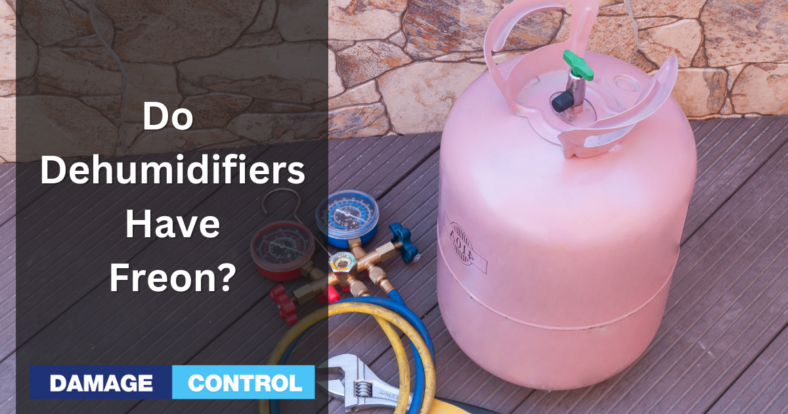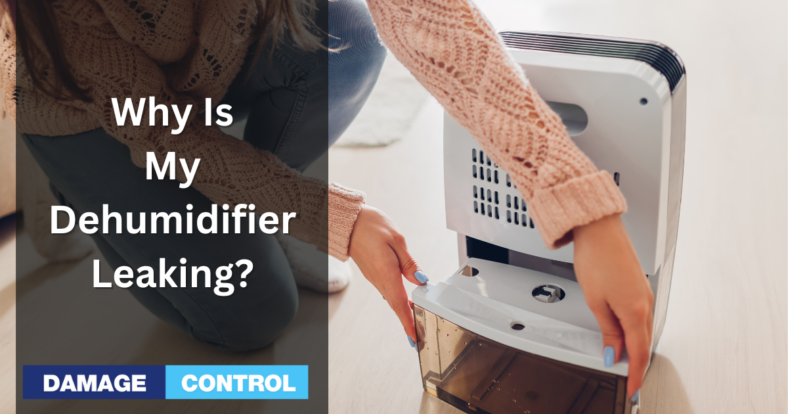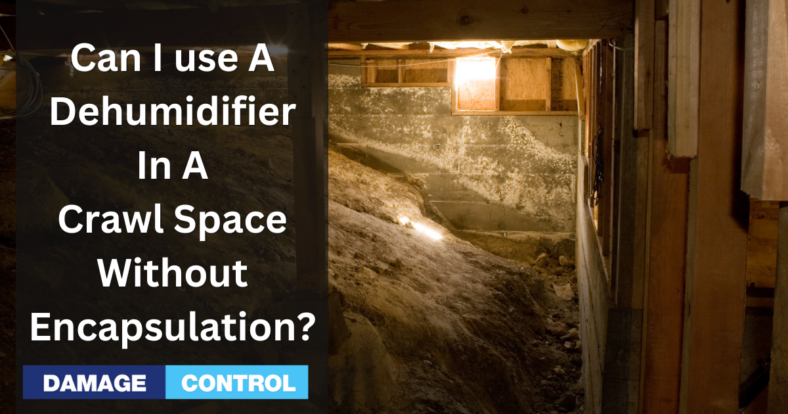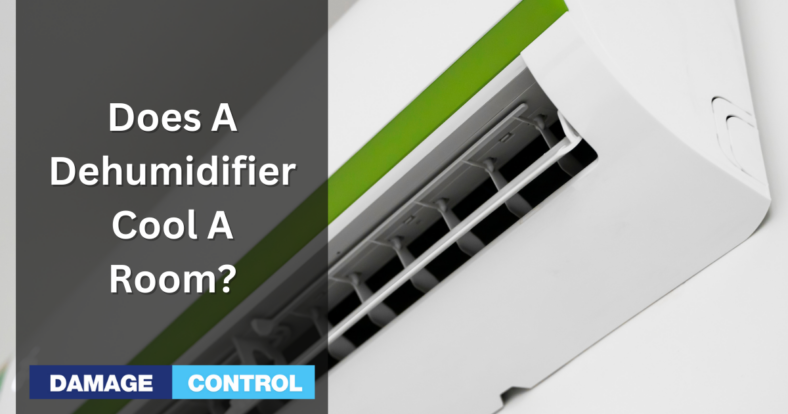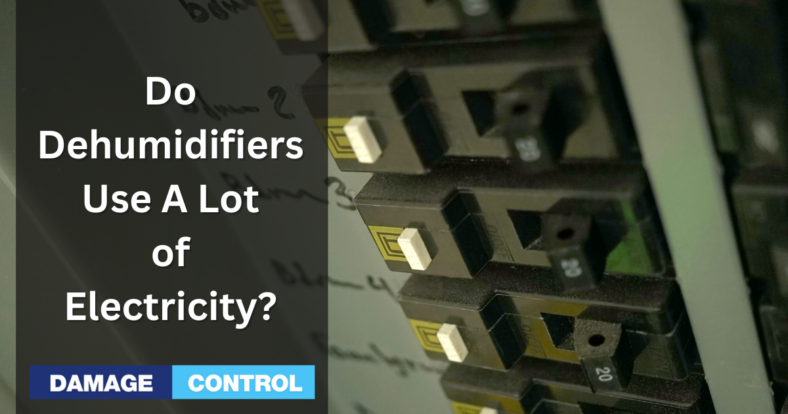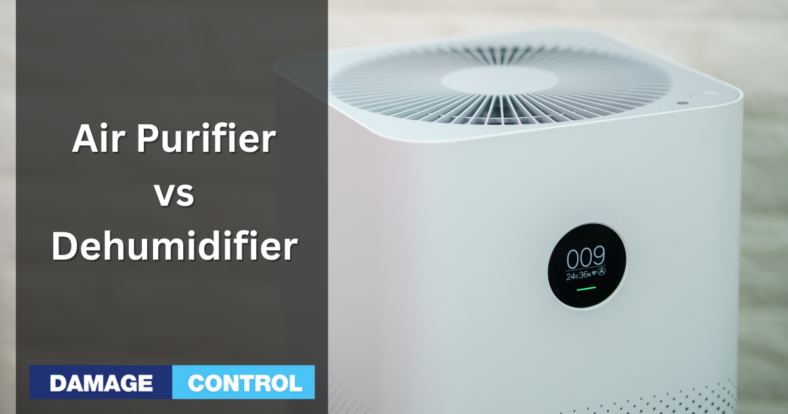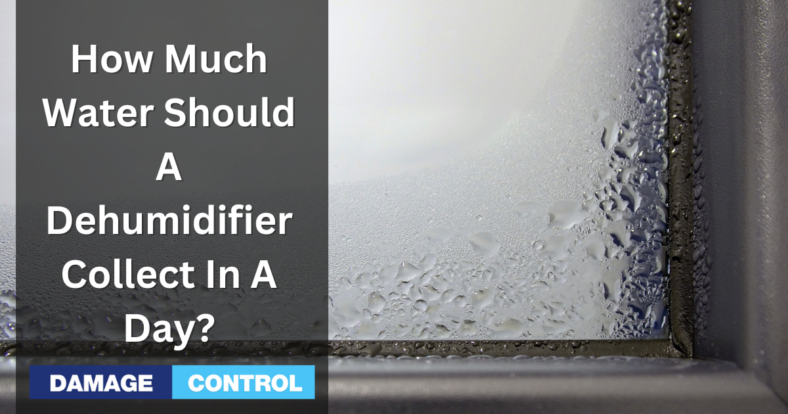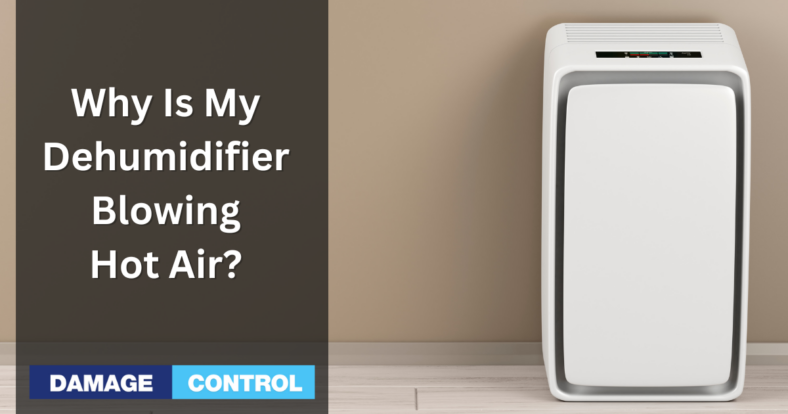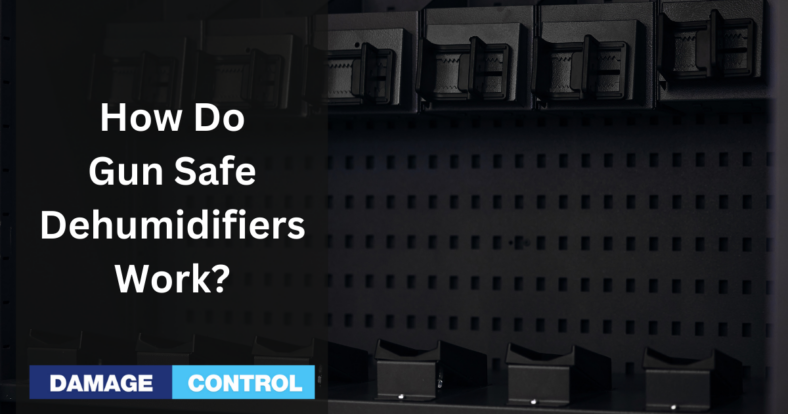In the quest to maintain optimal humidity levels in our homes, many of us turn to dehumidifiers. A common question that arises in this context is whether dehumidifiers contain Freon – a refrigerant commonly used in various cooling appliances.
Understanding what’s inside your dehumidifier is not only important for maintenance but also for environmental and health considerations. Historically, Freon has been used in many dehumidifiers due to its effectiveness in the refrigeration cycle, which is essential for extracting moisture from the air.
However, the environmental impact of this chemical has led to significant changes in recent years.

